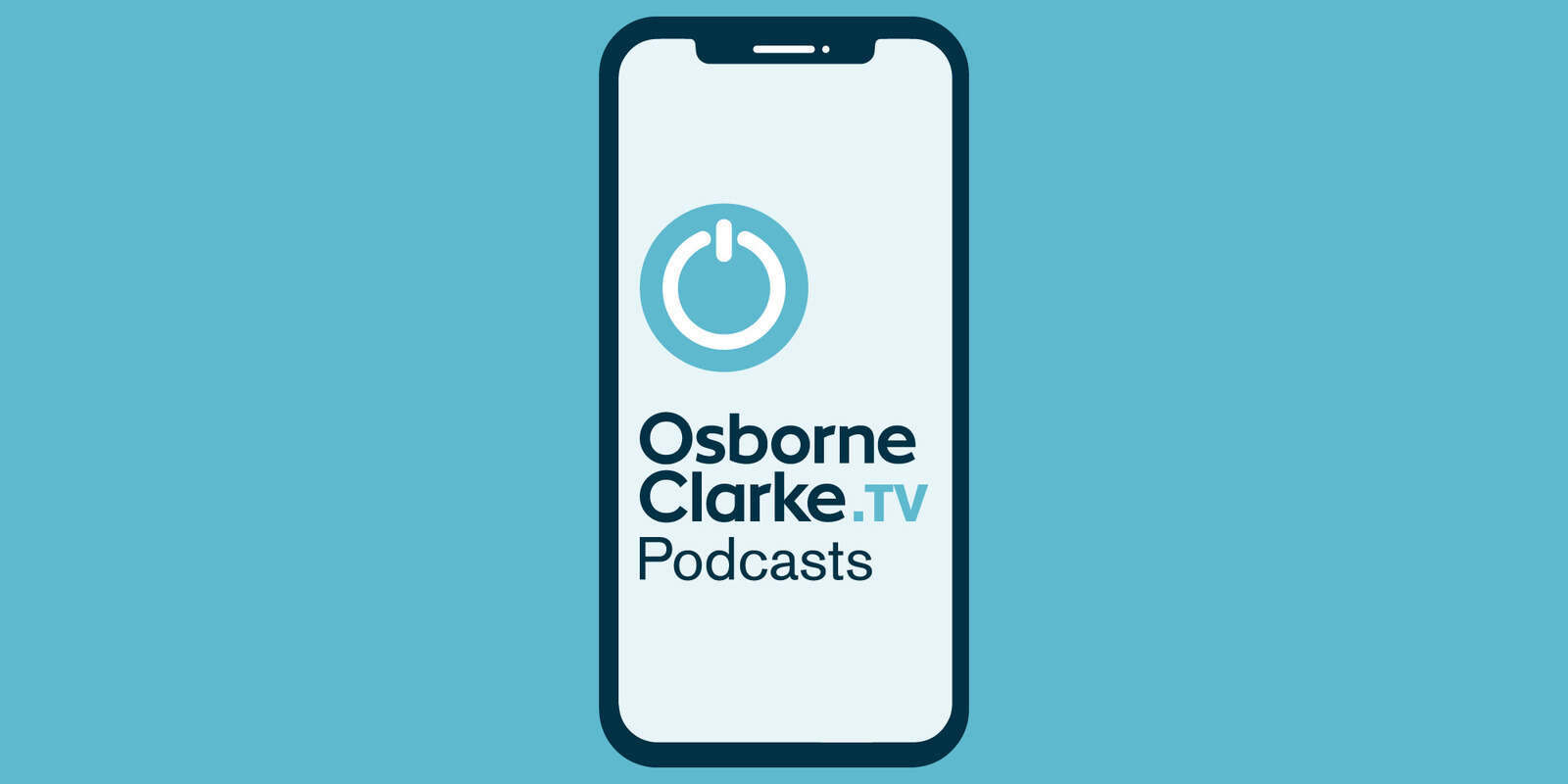OC Consumer Briefing on search result transparency: What do businesses need to do to come out on top?
Published on 17th August 2020
The New Deal for Consumer introduces new transparency obligations for businesses, including a requirement to disclose their search ranking criteria to consumers.

In this podcast, Chloe Deng, Senior Associate at Osborne Clarke UK, and Marie-Laure Pidoux, Associate at Osborne Clarke France, discuss which businesses should be paying particular attention to the changes that will be necessary before May 2022.
As many consumers only look at the top search results, the so-called Omnibus Directive is the EU's push for transparency. Designed to make sure that consumers fully understand what they're seeing when searching for good and services, businesses will need to show how those search results are ranked. However, the EU's definition of "ranking" is very wide, extending to any way that a business gives prominence when displaying its search results.
Many businesses, including online platforms and marketplaces, display search results; it's these platforms that need to pay particular attention to the new transparency obligations. Consumers will need to be informed about the main criteria for the ranking following a search by a consumer. For most platforms this is likely to be based on price, distance or consumer ratings; this information will need to be presented in a clear and intelligible way.
Since search ranking is typically a secretive art, some very large organisations have work to do to make sure that they're making the right disclosures in the right way and, at the very latest, before the New Deal for Consumers comes into effect in May 2022.
Listen to the podcast:




